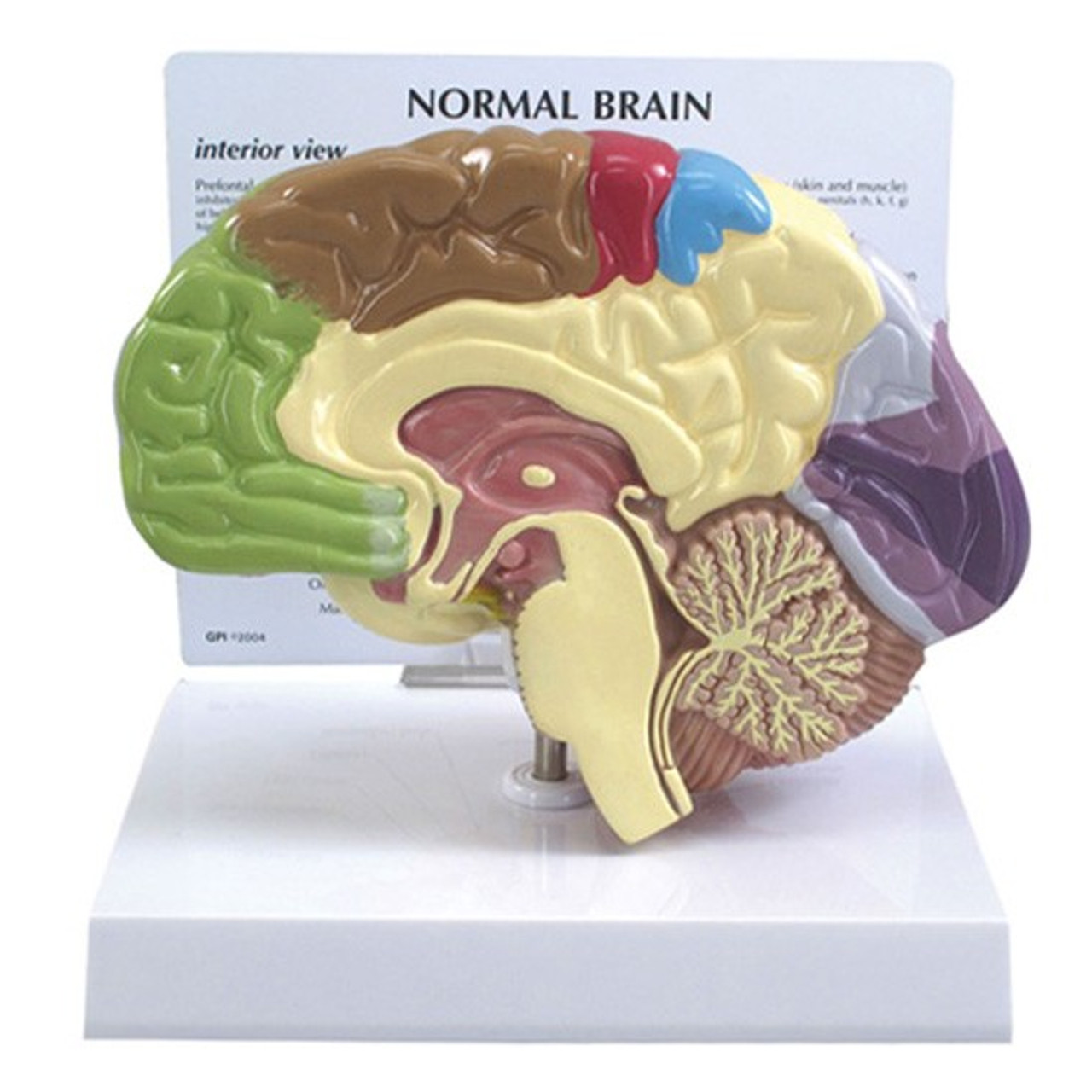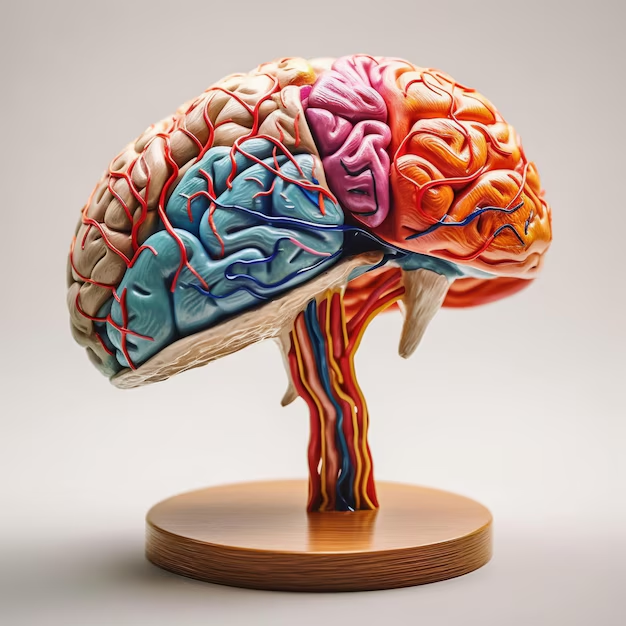Understanding Brain Fog During Your Period
Brain fog is a common issue faced by many individuals during their menstrual cycle. It involves cognitive impairment, making it difficult to focus, remember, and think clearly. Brain fog on period: This condition can occur due to hormonal fluctuations that affect neurotransmitter activity in the brain. By recognizing the symptoms and causes of brain fog, individuals can better manage their periods.
Menstruation leads to hormonal fluctuations that impact brain function. For example, estrogen and progesterone levels change significantly during this time. These hormones play crucial roles in mood regulation and cognitive performance. When levels drop, women may feel a noticeable difference in mental clarity. In particular, the decrease in estrogen may lead to reduced serotonin levels, influencing mood and cognitive abilities.

The Symptoms of Brain Fog
Symptoms of brain fog vary from person to person. Common signs include forgetfulness, lack of focus, and mental fatigue. Many people report feeling scattered and unable to complete tasks. These symptoms can be particularly distressing when combined with physical discomfort during menstruation. In addition, irritation and mood swings may exacerbate the situation, leading to frustration and decreased productivity.
The experience of brain fog also affects daily life significantly. Tasks that require concentration become challenging when clarity diminishes. Simple responsibilities, such as replying to emails or attending meetings, may feel overwhelming. Individuals might perceive that they are not functioning at their best. This perception can lead to lower self-esteem and added stress.
Understanding these symptoms is the first step toward finding effective solutions. Awareness can help individuals recognize that they are not alone in this experience. As this condition is prevalent, sharing experiences with others can be comforting. Moreover, understanding the link between menstrual cycles and cognitive function can promote proactive measures to alleviate symptoms.
Hormonal Changes and Brain Fog
Hormonal changes significantly impact brain function during periods. Estrogen and progesterone fluctuate throughout the menstrual cycle. During the luteal phase, estrogen levels drop, which may contribute to cognitive fog. Low estrogen affects serotonin production, leading to mood disturbances and cognitive difficulties.
Additionally, progesterone levels rise during this phase. Elevated progesterone can induce fatigue and sluggishness. These hormonal shifts create an environment conducive to mental cloudiness. Understanding the hormonal link to brain fog can empower individuals to take control of their symptoms.
Awareness of the cyclical nature of these changes can be enlightening. Recognizing when brain fog may occur helps in planning activities accordingly. Scheduling important tasks during peak clarity periods may prove beneficial. This simple strategy can alleviate some stress associated with decreased cognitive function.
It is also essential to consider individual variability. While some experience severe symptoms, others may notice them only slightly. Being in tune with one’s unique cycle can enable individuals to adapt effectively. Implementing lifestyle changes during specific cycle phases offers additional support for optimal brain function.

Nutrition and Brain Fog
Nutrition plays a crucial role in managing brain fog during menstruation. Certain foods can support cognitive health and mitigate symptoms. For example, omega-3 fatty acids found in fatty fish promote brain health and enhance mood. Meanwhile, antioxidants found in fruits and vegetables combat oxidative stress, which can affect cognitive function negatively.
Hydration also plays an essential part. Dehydration can exacerbate symptoms of brain fog. Therefore, drinking adequate water is crucial during menstruation. Herbal teas may offer additional benefits. Simple changes like increasing hydration and incorporating nutrient-dense foods can help improve clarity.
Additionally, some nutrients are particularly beneficial during the menstrual cycle. Iron-rich foods support energy levels, especially when blood loss occurs. Low iron can lead to fatigue and worsened brain fog. Incorporating leafy greens, legumes, and lean meats into meals can help maintain iron levels.
Mindful eating is another critical aspect to consider. Taking time to enjoy meals can enhance digestion and nutrient absorption. Reducing processed foods can also stabilize blood sugar levels, further supporting cognitive function. Overall, a balanced diet promotes both physical and mental well-being during menstruation.

Lifestyle Factors Impacting Brain Fog
Lifestyle choices significantly impact brain fog experienced during periods. Regular exercise is one effective way to combat mental fatigue. Physical activity releases endorphins, which can improve mood and cognitive function. Simple activities like walking or yoga can stimulate blood flow to the brain.
Sleep is another vital factor in maintaining clear cognitive function. During menstruation, sleep disruptions may occur due to discomfort or hormonal changes. Prioritizing restful sleep can reduce the severity of brain fog. Establishing a consistent sleep routine contributes to overall well-being, even during challenging times.
Stress management techniques are equally essential. Mindfulness practices such as meditation or deep breathing can help in mitigating stress levels. These practices promote relaxation and enhance mental clarity. Implementing stress-reduction strategies can make a considerable difference in combating brain fog during periods.
Creating a supportive environment can also aid cognitive function. Reducing distractions and organizing space enhances focus. Setting up a dedicated work area can contribute to increased productivity. Affirmatively, lifestyle choices can directly influence mental clarity, providing various avenues for improvement.
Coping Strategies for Brain Fog
Coping with brain fog on period requires awareness of personal needs. Identifying specific triggers can help individuals address symptoms directly. Keeping a menstrual diary may assist in tracking brain fog occurrences alongside other symptoms. By analyzing patterns, strategies can be tailored to suit individual experiences.
Engaging in cognitive exercises also offers support. Puzzles, crosswords, or memory games can help sharpen focus. Dedicating time to these activities can ease frustration caused by brain fog. Furthermore, practicing focus-based activities can enhance mental agility over time.
Employing time management techniques plays a crucial role in managing responsibilities. Breaking tasks into smaller, manageable parts can alleviate feelings of overwhelm. Setting priorities can guide individuals in focusing on critical tasks first. This approach minimizes pressure and allows individuals to address tasks effectively.
Social interactions may also be beneficial. Engaging in conversations or spending time with supportive friends can relieve mental fatigue. Sharing experiences creates opportunities for understanding and camaraderie. Thus, utilizing social support can play an essential role in managing brain fog effectively.

Seeking Professional Help
If brain fog becomes debilitating, seeking professional help may be necessary. Healthcare providers can offer tailored advice and support. They may recommend lifestyle changes, dietary adjustments, or therapeutic options. In some cases, hormone levels can be assessed to determine if imbalance could be contributing to symptoms.
Additionally, counseling may be beneficial for those experiencing significant emotional distress. Talking with a therapist can help individuals manage mood swings and related cognitive challenges. Moreover, professional guidance can empower individuals to develop personalized coping strategies.
It is crucial to remember that seeking help is a sign of strength. It reflects a commitment to improving health and well-being. Acknowledging when support is needed contributes to more effective coping mechanisms.
Being proactive about health can lead to significant improvements in quality of life. Prioritizing mental wellness, particularly during menstruation, can create a positive shift. Encouragingly, there are numerous resources available to aid in navigating these challenges.
The Importance of Community and Support
Building a supportive community is vital for managing brain fog on period menstruation. Sharing experiences with others fosters understanding and compassion. Connecting with like-minded individuals can create a safe space for discussing challenges openly. Such interactions validate feelings and promote emotional well-being.
Online forums and support groups offer valuable resources for individuals facing similar symptoms. These platforms allow the sharing of coping strategies, tips, and encouragement. Additionally, community events can create awareness around menstrual health. Increased awareness leads to a more educated society regarding these challenges.
Educational initiatives surrounding women’s health can also drive progress. Workshops and discussions that address brain fog and menstruation can empower individuals. This knowledge encourages proactive behaviors and informed choices in daily life.
Ultimately, community support creates a sense of unity and shared purpose. Individuals who understand the challenges associated with brain fog can create a positive atmosphere. Positive interactions contribute significantly to coping and managing symptoms effectively. Building connections promotes overall mental health and resilience.

Conclusion
Brain fog on period menstruation can be challenging, but it is manageable. Understanding the causes and symptoms allows for informed decision-making. Nutrition, lifestyle factors, and coping strategies can significantly improve clarity. Seeking help and establishing a supportive community further enhances the approach to managing brain fog.
With the right knowledge and tools, individuals can navigate these difficulties more effectively. Empowerment comes from awareness, proactive choices, and community support. Embracing these aspects can lead to a more positive menstrual experience, free from debilitating cognitive fog. Ultimately, awareness and action form the foundation for improved mental clarity and well-being.
